13 Things Your Auto Mechanic Isn’t Telling You
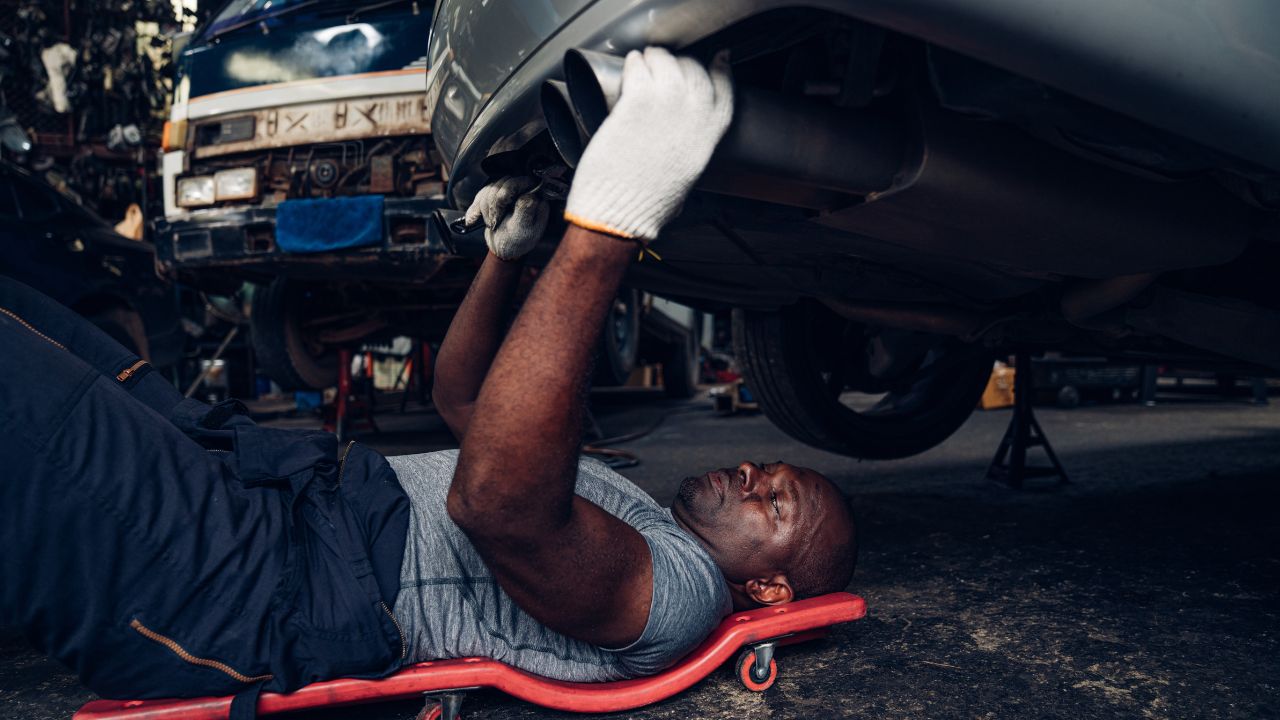
The truth is there are things car owners should know but don’t, even though their mechanics assume they do. You can’t fault the mechanic for not tutoring you on these things because — you should know. You’re a car owner and a driver. If you have any questions, ask. But how can you ask questions you don’t know?
It’s a bit of a quandary, but there are basic facts every car owner ought to know. Their mechanics know they ought to know them and would not volunteer that information unless asked. If you’re smart, then you know that no one likes a smart aleck. Many ‘smart’ mechanics have no desire to risk being perceived as smart aleck by volunteering — maybe, unsolicited information to every customer they meet, even if said information could make a big difference in your car ownership experience.
Sometimes, a mechanic will withhold information because letting you know is bad for business. That’s not smart because what’s bad for the customer is ultimately not good for business. Here are 13 facts your mechanic doesn’t wish to “lecture” you on, but you should know.
DIY Isn’t Always Cheaper

Going it alone at home isn’t always the cheapest way to handle repairs, maintenance, or upgrades. It’s common sense to take on minor repairs yourself (if you know what you’re doing) and leave the complex issues to the professionals. But there are also tricky situations where a seemingly minor task that seems cheaper to DIY at home is a mistake.
Assuming you buy an OBD-II Scanner for $50-$100 to handle a Check Engine Light. After your scan, you get an error code – say – a P0420 (Catalyst System Efficiency Below Threshold). You decide to replace the oxygen sensor first ($50-$150) because it’s cheaper.
You’ll need special wrenches or sockets, setting you back another $20-$50. After spending time and effort replacing the sensor, the code goes away, but the check engine light returns after a few days.
You think, “It’s got to be the catalytic converter,” so you buy a new one at $200-$600. You’ll need more tools. Ultimately, a ‘simple’ P0420 error code has cost you $320-$950 or more, plus your time and effort, and the issue might persist if you don’t get the diagnosis right. This same issue will cost you no more than $150 in many repair shops.
OEM Parts vs. Aftermarket Parts

Your local mechanic might hesitate to tell you this because they risk coming off as lecturing you. Plus, everyone should know that OEM (Original Equipment Manufacturer) parts might be more expensive but generally more reliable.
They have to assume that car owners who opt for aftermarket products already know this but make their choices based on what ‘they know” or due to budget constraints. In any case, we should all be aware that while we can save money with aftermarket parts, the quality can vary significantly.
Labor Costs Vary
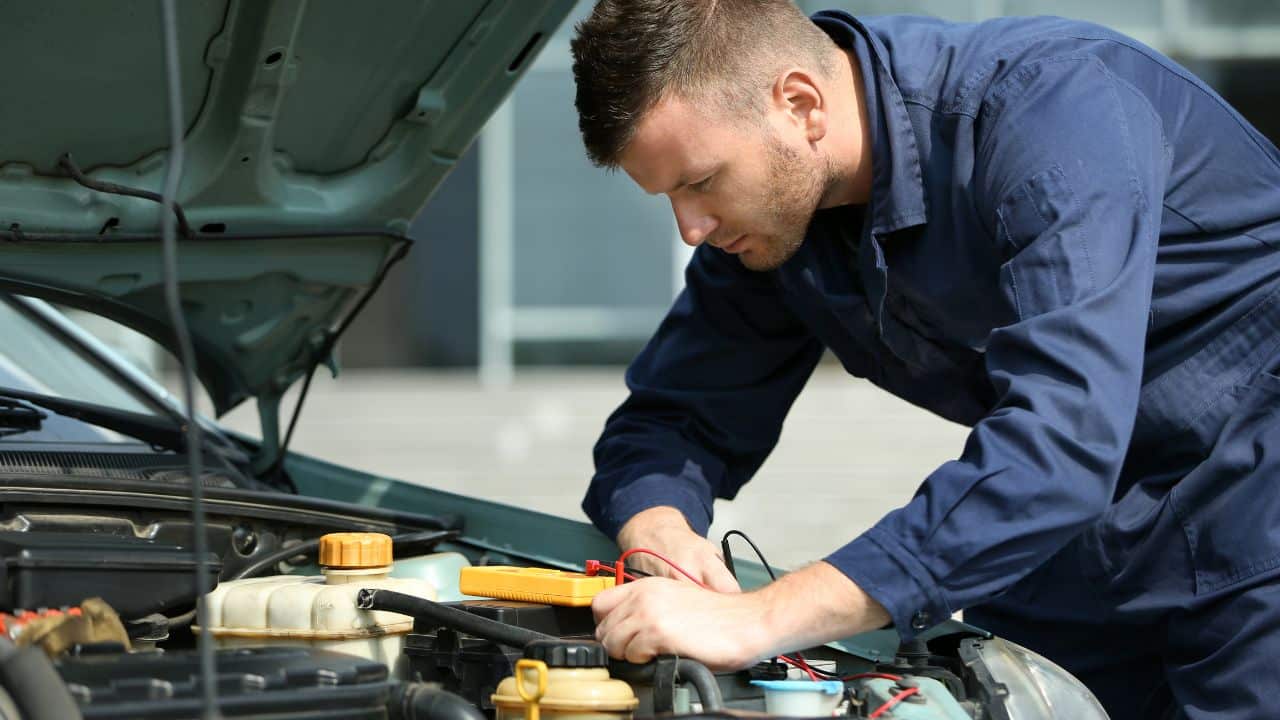
If there’s information your mechanic thinks it’s best for business if you didn’t know, it’s this one. They might want you to believe the cost is the same everywhere or that the “cheaper” shops offer lower-quality services. Ultimately, labor costs can vary significantly between shops due to factors that have little or nothing to do with the quality of service.
So, you’re right to try and get multiple quotes before committing to a service. If nothing else, you could learn something new and beneficial from the process.
The Check Engine Light Isn’t Always Dire

We can all relate to that feeling of doom upon spotting the ‘evil’ Check Engine Light (CEL) on the dash. It isn’t always a harbinger of the apocalypse, though it’s crucial to address the check engine light promptly. Something as minor as a loose gas cap can trigger the CEL. As a precaution, a flashing CEL is urgent.
That can be as bad as an engine misfire, which, if left unchecked, could lead to permanent damage. A steady CEL indicates a persistent issue that needs your immediate attention. In any case, loose gas caps and minor electrical glitches often trigger CELs. Don’t ignore them, but it’s not the end of the world.
Routine Checks Can Be DIY

This is one of those basic facts your mechanic won’t dare ‘lecture’ you about. They have to assume car owners and drivers who enlist the services of a repair shop for routine checks like tire pressure and fluid level checks have to have their reasons. It costs nothing to check your oil level yourself using the dipstick.
Aim for a level between the minimum and maximum marks. As for your tire health, 1.6mm is the legal tread depth, but we recommend 3mm for better traction in winter weather. You should be able to handle these routines, such as replacing wiper blades, by yourself. It saves you money and helps keep your car running smoothly.
Service Intervals Can Be Flexible

The truth is automakers are often conservative with their recommended service intervals. It ultimately depends on each driver’s driving habits. So, instead of sticking to what amounts to a ballpark suggestion for everyone, you might need to service more or less frequently than suggested by manufacturers.
Most recommend once a year or every 12,000 miles, with essentials like oil changes done annually, while others like cambelt changes typically take longer.
Upselling Isn’t Always Necessary

It’s good for business; it’s often great for the car owner as well, but the truth is, oftentimes, you can do just fine without those extra services. Upselling is a sales technique where you convince your customer to “go deeper” or buy what amounts to an upgrade to what they’re already purchasing.
It can be an inexpensive extra feature that ultimately adds to the initial cost of the original purchase. If you understand what’s essential and what isn’t, you’ll be in a better position to say no to some unnecessary additional services recommended by a mechanic.
God help you if you come in for an oil change and get a “free” professional report detailing all the services your car needs immediately or soon.
You Can Buy Your Own Parts

You may not be as experienced as the guys at the repair shop who know everything about original and fake parts, but you can make informed decisions with proper research. This is important because you can, in some scenarios, save money by buying your own parts and just paying for labor.
We recommend leaving the parts sourcing to the repair shop to avoid a situation where the parts do not meet the required specifications. As long as you know what’s what, it can be cheaper to buy the needed parts yourself.
Not All Mechanics Are Created Equal
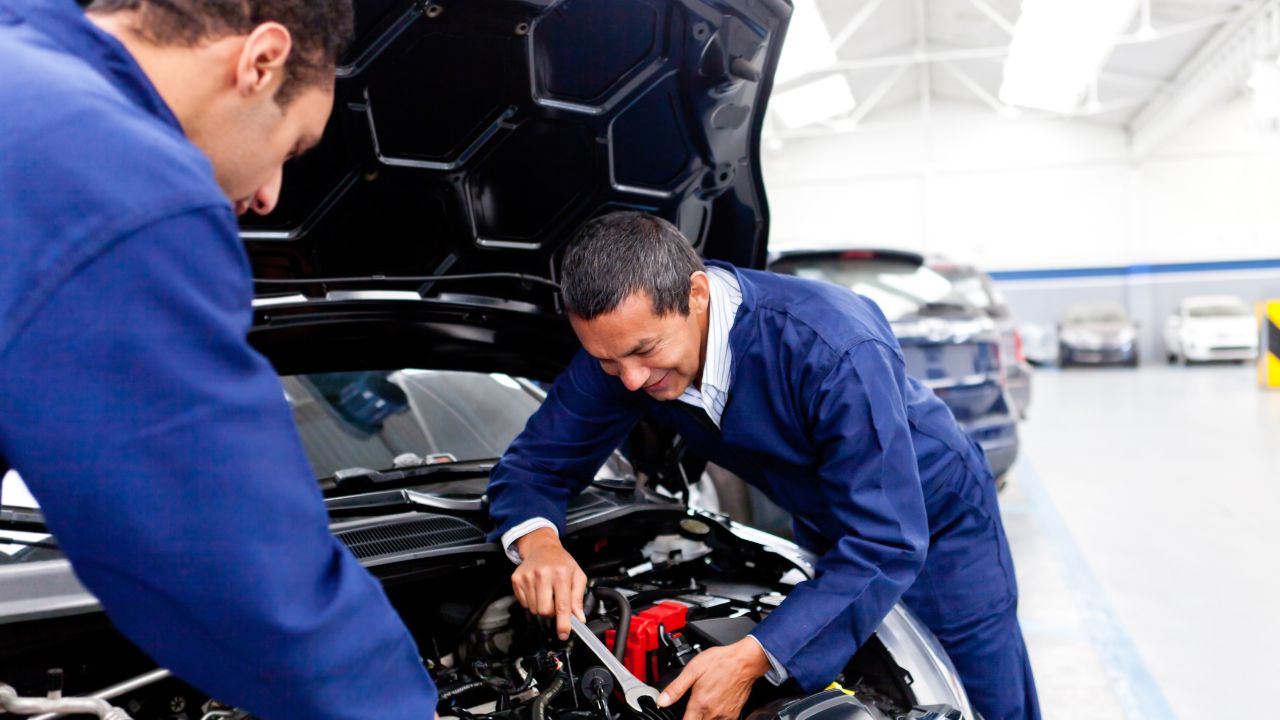
It’s unfortunate but true: Not all mechanics have equal competencies. We’re even lucky in a country like ours where certs like the ASE (Automotive Service Excellence) count for something real, indicating a higher level of competence.
It’s not unusual to see similar certifications framed and hung on walls in some parts of the world, but they’re actually purchased or printed at home. Ultimately, your mechanic’s expertise level can determine the accuracy of diagnosis and the quality of repairs. Don’t hesitate to ask about your mechanic’s qualifications.
Technology Is Your Friend
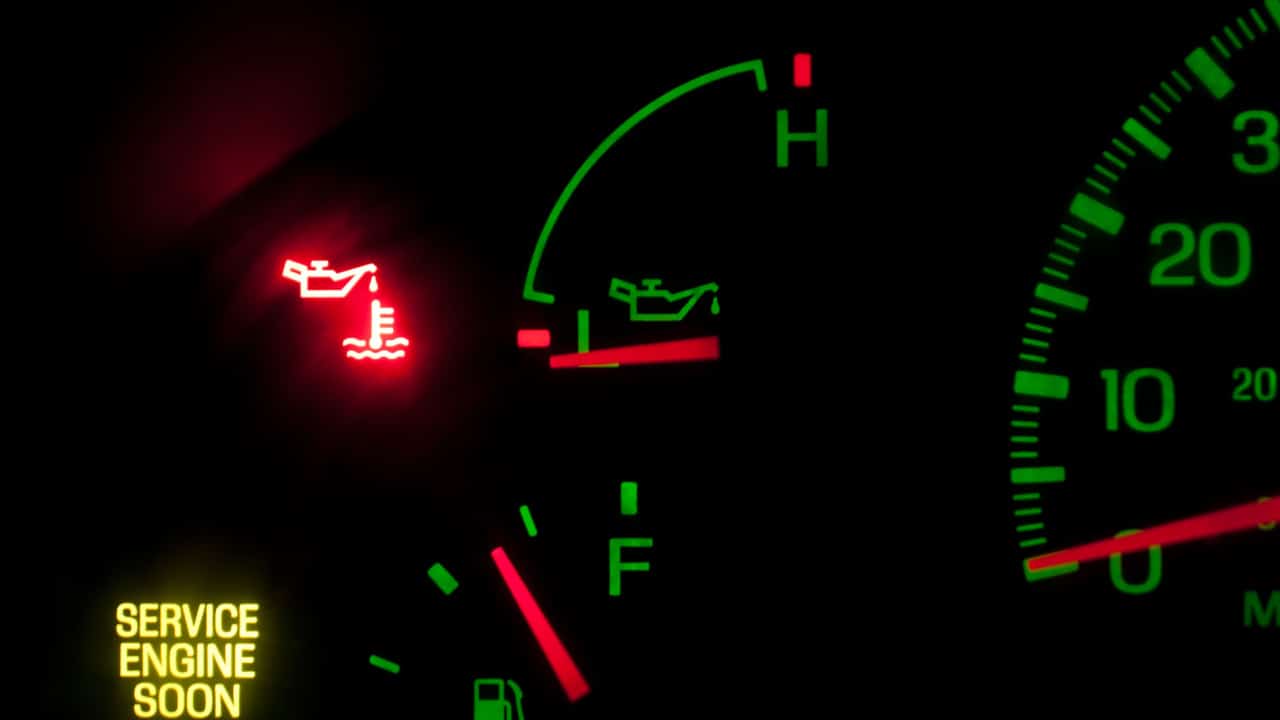
Watch out for repair shops or mechanics who feel differently – tech is the new reality and the future. This is particularly important if yours is a modern car with complex computer systems. Keep it away from shops or ‘technicians’ that are so skilled they do not need up-to-date diagnostic tools and software to more accurately and quickly diagnose problems.
While the auto repairs industry has made quantum leaps in adopting new technology, there are still varying levels of competence and acceptance. It’s like a confession you’ll never hear from them, but you need to know, anyway.
Second Opinions Are Valuable
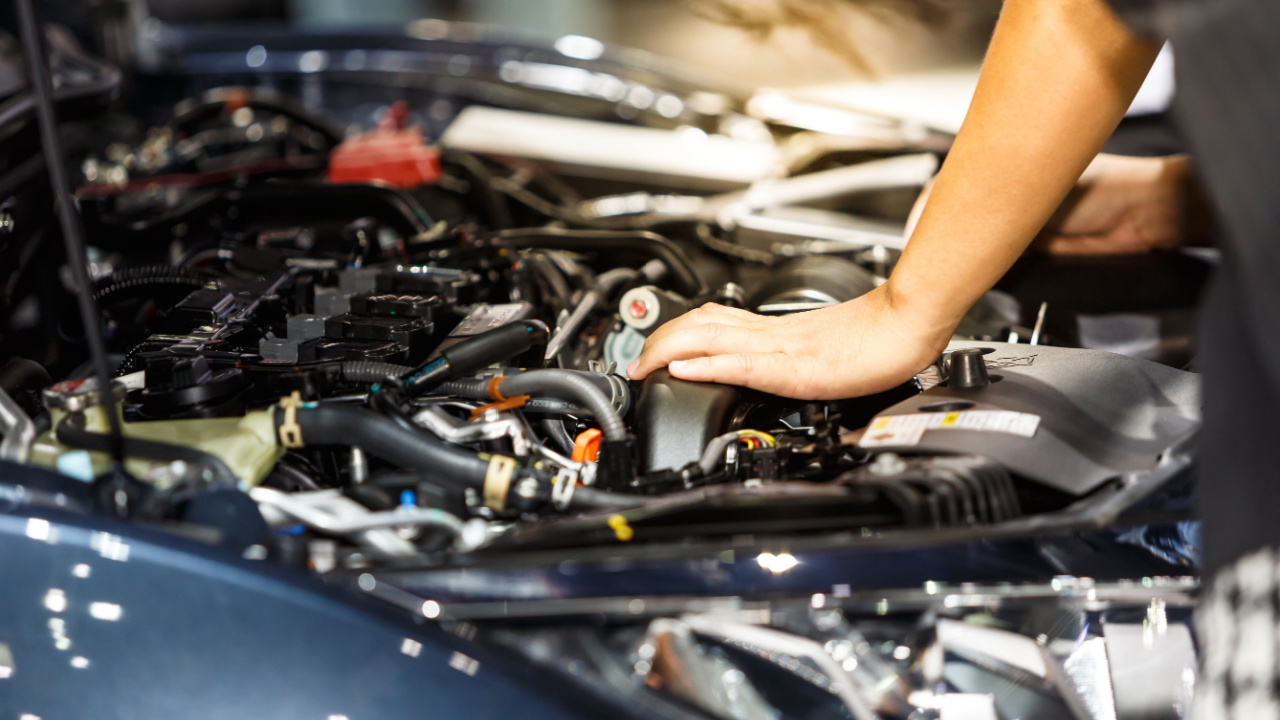
If you have the time, it never hurts to shop around before committing to a service or repair. This can be particularly important if yours is a major repair with the destiny of your car and bank account in the hands of an auto shop or technician.
Getting a second opinion can, at best, confirm or contradict the diagnosis and potentially save you money or, at worst, empower you with more knowledge and/or reassurance.
Even when different mechanics have varying interpretations of a problem, both can ultimately head to the same solution, but the second opinion can help prioritize some diagnostic tests. It never hurts to shop around.
Warranties On Repairs

Keeping this one from you can hardly be deliberate because the shops most likely assume you already know about them. Many offer warranties on their work, which they likely assume you already understand as a standard practice in the industry.
Your mechanics don’t have to emphasize these warranties, but you can always ask about them and even get the details in writing. The warranties typically cover a year or 12K miles, whichever came first, after which the shop may charge for additional repairs on the same issue (s).
Your Driving Habits Matter

Perhaps, no one knew this better than Christian Bale’s character “Ken Miles” in Ford vs Ferrari. In subtle condescending words, Miles tells the disgruntled MG sports car owner he isn’t driving his car the right way and should consider changing gears at higher RPMs.
It matters how you drive, not just to other road users but to the performance and overall health of the particular car. In this customer’s case, his sports car needed to be driven more enthusiastically because it isn’t, in Ken Mile’s words – a Studebaker.
The customer should feel lucky to have a mechanic who says it as it is, instead of secretly looking forward to your next visit a month later. In some cases, aggressive driving, frequent short trips, and not letting the engine warm can accelerate wear and tear. A change in driving habits can reduce the frequency of your visits to repair shops.





